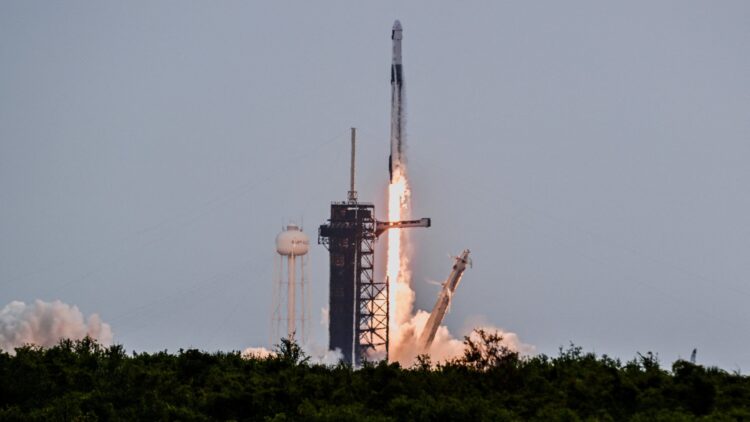There is a gowing possibility that SpaceX, Elon Musk’s space transportation company, could play a direct role in an Italian defense program. This prospect has stirred divisions within parliament and reignited debates over digital sovereignty and Europe’s shifting geopolitical landscape. Giorgia Meloni’s government now faces mounting pressure and internal friction, caught between recognizing SpaceX’s technological capabilities and addressing the risks of handing over critical national infrastructure to a foreign power.
Opposition challenges SpaceX’s involvement in Italy
Italy’s main opposition Democratic Party (PD) has warned Giorgia Meloni’s ruling coalition against involving Elon Musk’s SpaceX in the update of a satellite programme, parliamentary documents show, saying the move would pose national security risks. A lower house defence committee approved this week a government proposal which includes replacing an old satellite system, named SICRAL, with a new one.
The system, first launched in 2001, has been developed by Telespazio and Thales Alenia Space, two joint ventures between Italy’s aerospace and defence group Leonardo LDOF.MI and France’s Thales TCFP.PA. The PD asked the government to make clear that SpaceX would not be called in to help launch the SICRAL 3 satellite into orbit.
Defence Undersecretary Isabella Rauti said the administration would assess its options, but SpaceX was the most advanced company available on the market. “We only want Italian or European companies to be involved in a security matter such as SICRAL,” PD lawmaker and defence committee member Stefano Graziano told Reuters. His party abstained from the vote.
Europe is seeking technological independence
Italy’s opposition parties have repeatedly urged the government to prevent Musk and his companies from becoming involved in national security matters, amid concerns over the influence he wields through his Starlink satellite service. Europe has been rushing to find viable alternatives to SpaceX’s low orbit satellites for communications and intelligence while launching platforms to ensure independent access to space, as pan-European projects still lag behind.
Musk, a friend of Prime Minister Meloni, held talks with Italian officials over a potential telecommunications contract, but discussions stalled earlier this year amid mounting political controversy. “The deployment of the SICRAL 3 satellite addresses the need to strengthen national connectivity and provide Italy with strategic independence in long-range communications,” Rauti told Reuters.
Despite criticism, the government has argued that SpaceX’s involvement could reduce the costs of critical space missions, considered essential to national defense, and accelerate deadlines. Despite this argument, internal pressure is growing for solutions that prioritize European autonomy in this sector. The EU is moving to reduce its dependence on American platforms in sensitive areas, such as military communications.
The final decision still divides the government
SpaceX did not immediately respond to an emailed request for comment on this story. The SICRAL system uses geostationary satellites for confidential strategic and tactical communications, to support defence missions both in Italy and abroad. The Italian government will invest a total 767 million euros ($878 million) through 2028 in the programme, the documents show. Rauti said the new satellite would be launched by the first half of 2027.
Although the Sicral 3 launch schedule has been maintained for 2027, its launch is facing a political impasse, as it could be affected by logistical and contractual decisions. Allies advocate for more flexible negotiations outside Europe, while the opposition wants to impose legal limits on national security projects and third-party involvement.
What is really at stake with SICRAL 3?
The future of the SICRAL program will play a critical role in determining Italy’s level of technological autonomy in the space sector. The government’s approach to managing both domestic and international pressures in choosing its strategic partners may impact not only national security, but also reflect the position Italy seeks within the broader framework of European space policy.

